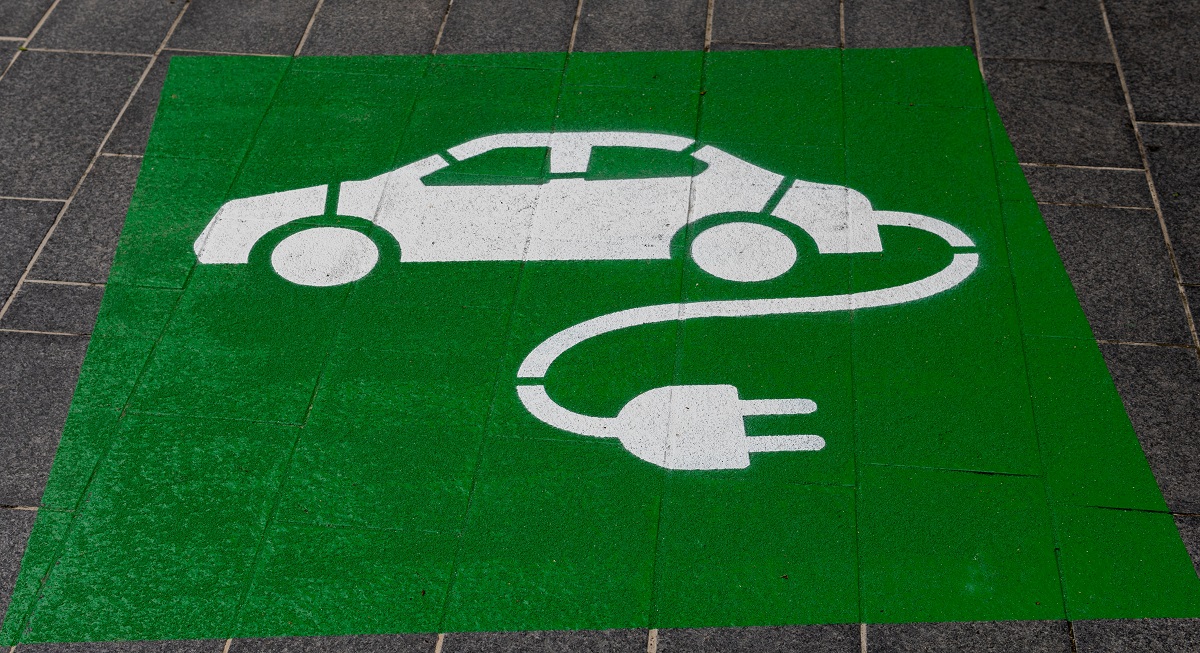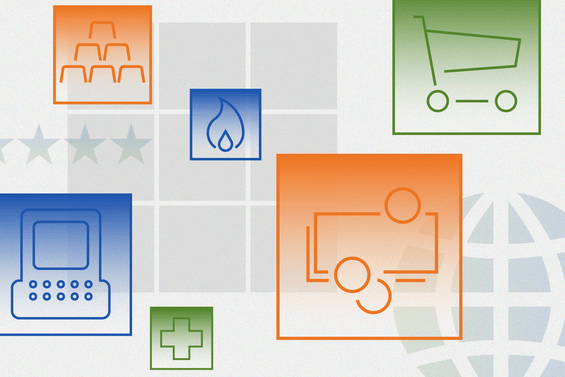
The world is in the middle of a shift towards renewable energy. A big part of that push is transitioning to climate-friendly renewable transportation. As the trend intensifies, some of the biggest beneficiaries are companies that provide products and services to the electric vehicle (EVs) market.
Global sales of electric vehicles saw a staggering surge last year, clocking 10 million units. The market is set to witness another record year in 2023 with the International Energy Agency (IEA) forecasting a whopping 14 million in sales, a 35% jump compared to the previous year.
By the end of this year, electric vehicles will have increased their market share to nearly one-fifth of the overall automotive industry. This could unlock new revenue opportunities for the following companies involved in supplying products that help accelerate the global shift toward sustainable mobility.
Albemarle (ALB), the world's largest lithium producer, has operations spanning across Chile, the United States, and Australia. Notably, Albemarle's Chilean venture stands out as one of the most cost-effective sources of lithium worldwide, a crucial ingredient in the production of electric vehicle batteries.
“As electric vehicle adoption increases, we expect high-double-digit annual growth in global lithium demand,” says a Morningstar equity report, adding that this has prompted Albemarle to put plans in place to “expand its annual lithium production capacity from 200,000 metric tons in 2022 to 500,000-600,000 metric tons by 2030.”
The recent selloff in shares of lithium producers due to falling spot prices may be overdone. “We see no reason to panic,” says Morningstar strategist Seth Goldstein. “For investors, the selloff creates an attractive opportunity to invest in lithium.”
Strong demand growth in an undersupplied market should generally result in prices remaining above the peak of 2018's boom, albeit lower than the 2022 peak, he adds.
“We expect high-quality lithium hydroxide used in long-range batteries will continue to sell at a premium to carbonate, reflecting higher conversion costs,” notes Goldstein, who puts the stock’s fair value at US$350.
He expects to see strong demand growth in the coming years “driven by rising EV sales, as demand grows more than 3 times 2022 levels to 2.5 million metric tons by 2030.”
Livent (LTHM) is a pure-play lithium producer, and is set to merge with another lithium producer, Allkem, by end of 2023. Livent benefits from rising lithium demand due to electric vehicle adoption, with low-cost production from Argentine brine resources. It operates lithium hydroxide conversion plants in the US and China and has a 50% stake in a Canadian lithium project.
The merger with Alkem could give Livent “a top-four lithium production capacity globally,” says a Morningstar equity report.
The rapid uptake in electric vehicles could lead to a substantial annual growth rate in global lithium demand, reaching double digits. As a result, “Livent is looking to expand its Argentine brine-based lithium production capacity from 20,000 metric tons in 2022 to 100,000 metric tons on a lithium carbonate equivalent basis by 2030,” says Goldstein, who pegs the stock’s fair value at US$42.
The company also plans to ramp up its lithium hydroxide capacity from 30,000 metric tons in 2022 to at least 45,000 metric tons, he adds.
However, Goldstein remains concerned about the risk of lithium production escalating more rapidly than demand warrants, leading to a glut in the market, putting pressure on lithium prices.
“As a pure-play lithium producer, volatility in lithium prices is the biggest risk facing Livent,” he adds.
Lithium prices, he notes, could also decline if EV demand undershoot expectations due to a disruptive new technology.
German chipmaker Infineon Technologies (IFX/IFNNY) is one of Europe's largest players in the industry. With a strong focus on automotive semiconductors, Infineon excels in providing key components for vehicle safety and powertrain systems. Additionally, the company dominates the power semiconductor market, offering crucial voltage delivery solutions across diverse electrical systems. It operates across four segments: automotive, industrial power control, power and sensor systems, and connected secure systems.
Infineon is a substantial electric vehicle play, selling thousands of products to tens of thousands of customers.
It boasts sizeable exposure to secular growth drivers in the industrial and automotive chip sectors. “Infineon should emerge as a leading supplier for electric vehicles and active safety systems used in cars,” says a Morningstar equity report.
Electric vehicles with advanced powertrain technology and safety systems require a variety of sensors and power voltage chips supplied by firms like Infineon. Further, “the company's exposure to power semis allows it to benefit from trends in the electronics industry toward power conservation, not only in more efficient devices like industrial drives, but also in green energy solutions like solar panels,” the report adds.
As a leader in power products, Infineon has 3 times the market share of its next-closest competitor, which creates a meaningful cost advantage that smaller rivals and new entrants will find hard to match, argues Morningstar sector director Brian Colello, who puts the stock’s fair value at EUR 47.






















